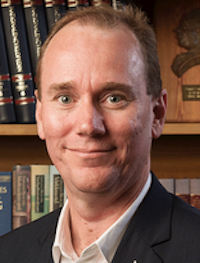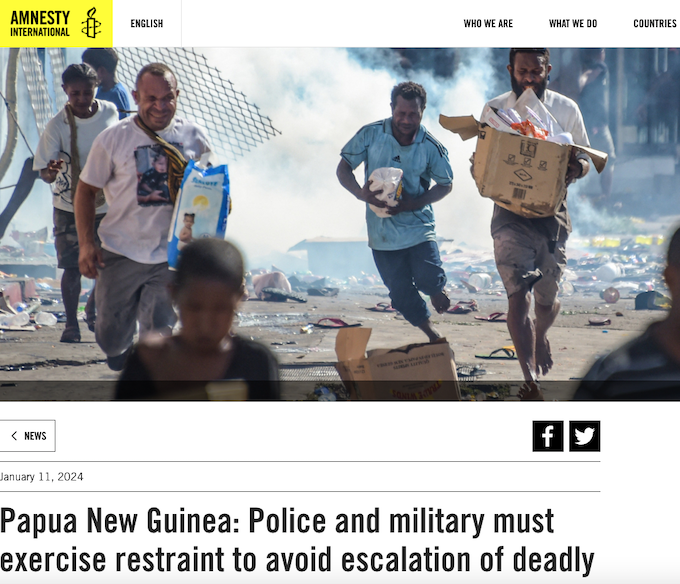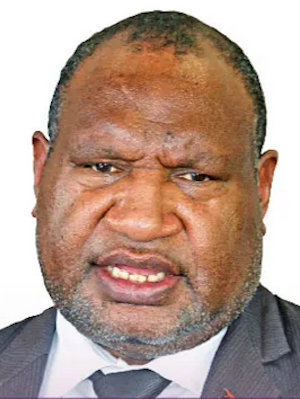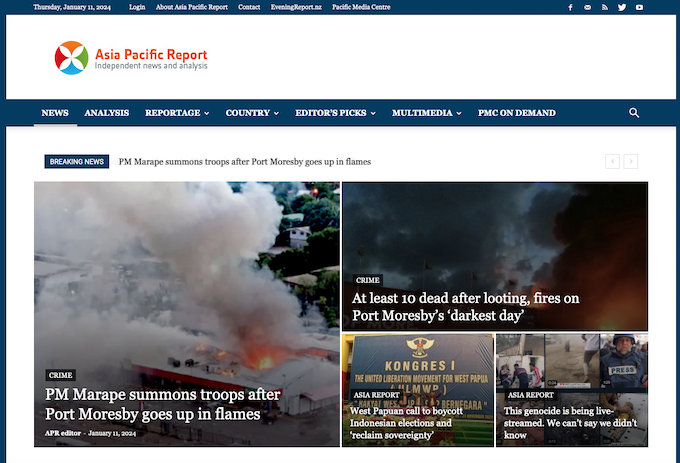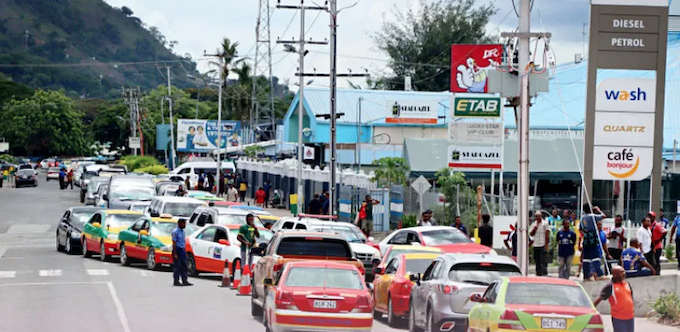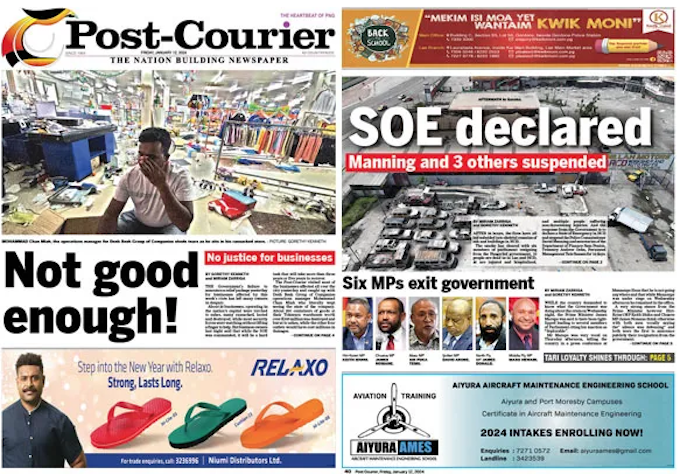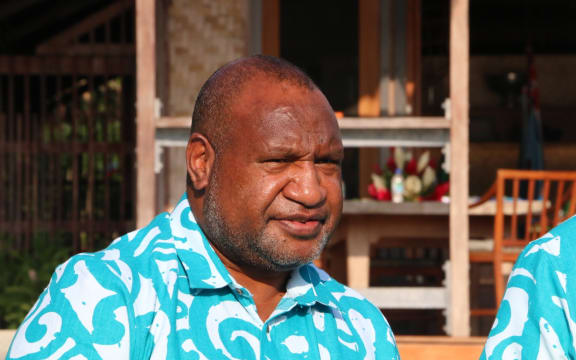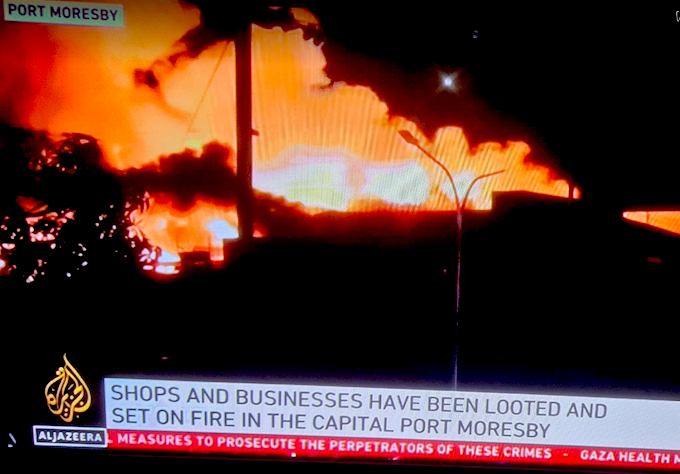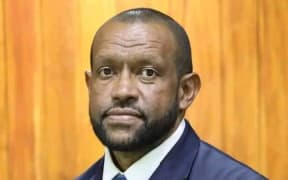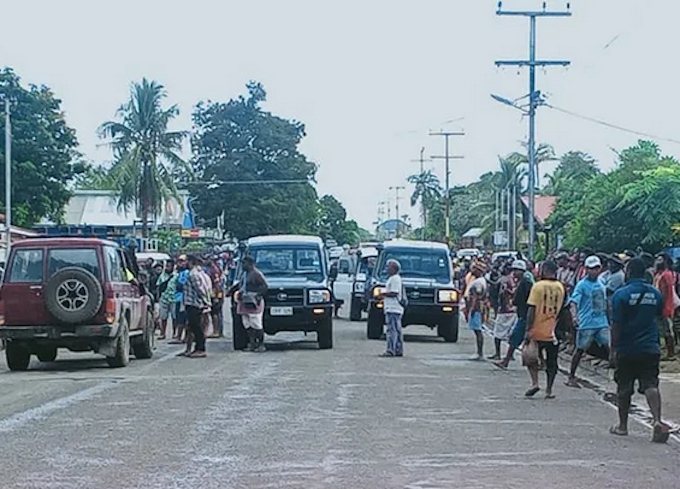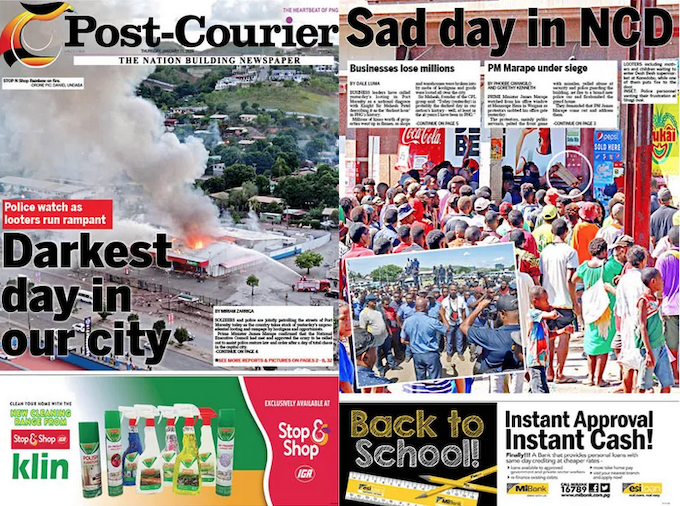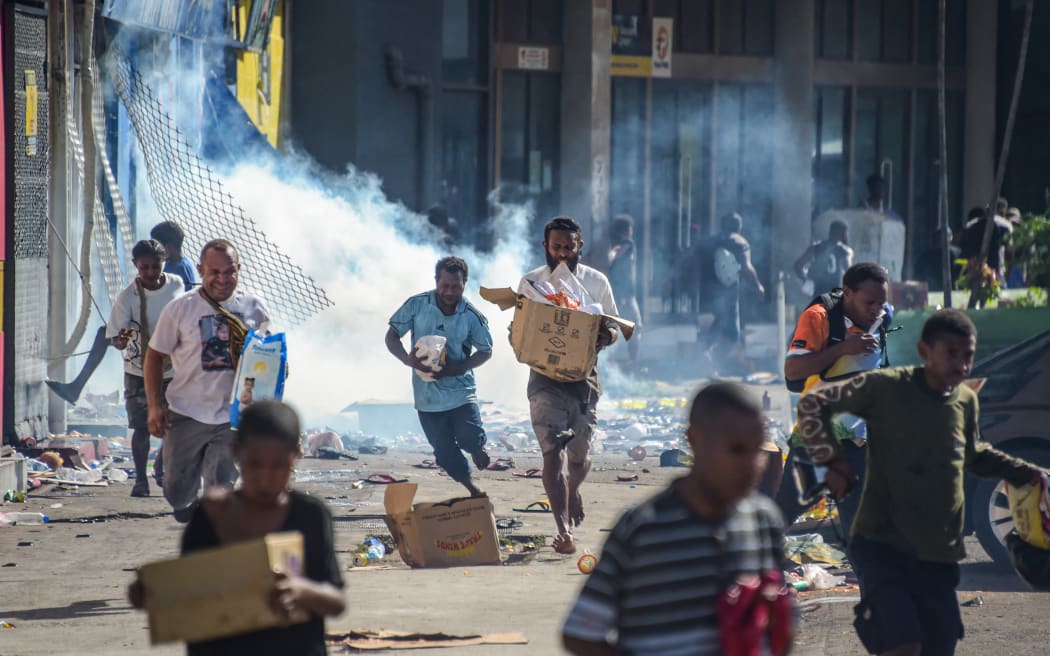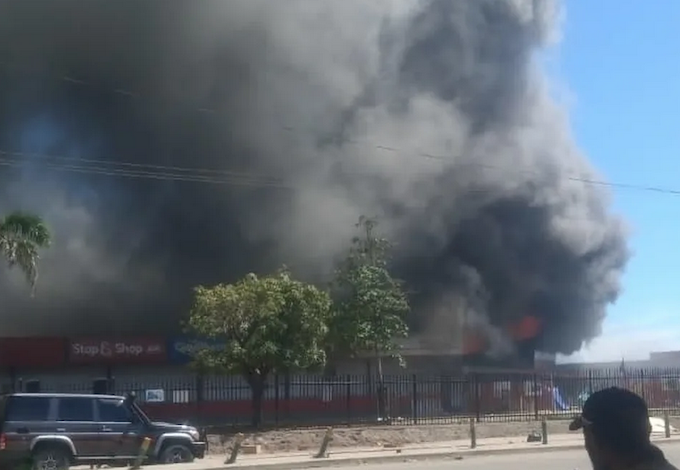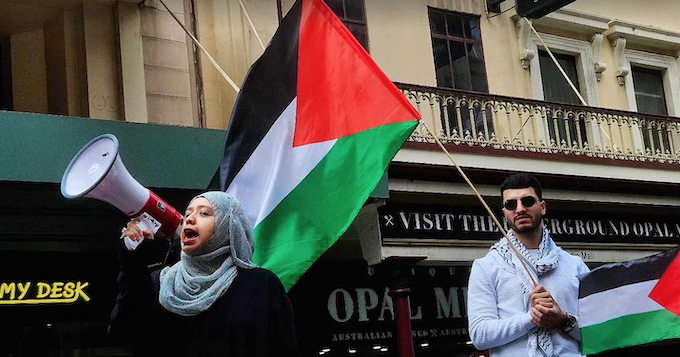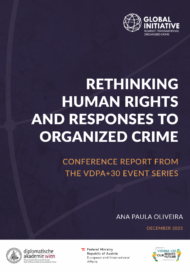I am a Black man in prison, and I want to talk about trauma. I want us all to be able to talk about trauma.
I’m here because when I was a teenager and young man, I made many bad life choices involving drugs and violence. Living with the consequences of my actions is not always easy, but I keep moving forward toward redemption. As I have struggled to understand those choices, I also have realized I must go further back in my life, long before I committed a crime, if I want to heal myself.
When I was a child, I was sexually abused by a man.
Facing that fact has been even harder than confronting the ways I have hurt others, but I know there is no redemption without working to understand how that has affected me.
All three of those aspects of my identity—male, Black, incarcerated—are part of this struggle.
Everywhere we turn, the dominant society tells us that masculinity is primarily about being tough, which can make it hard to deal with the emotional scars of trauma. In the Black community, taboos against men speaking about being abused have constrained many of us. And, in prison, where any sign of weakness can be dangerous, acknowledging that one needs help to deal with childhood trauma seems risky.
An example of how fraught this subject can be: Recently I was talking with a friend about trauma in the lives of Black men, and I started to describe my plans for this article. He clearly wanted to avoid the issue, apparently concerned that I wanted him to talk about trauma in his life. As we talked, he started physically shaking, and I quickly assured him that I was not going to press him to discuss his experiences. He breathed a sigh of relief, and I decided to move along to other topics.
I understood his reaction. I still am not always sure how to speak about being abused and how to process all of the emotions. For much of my life, I worked hard not to appear vulnerable or weak, afraid that I would be seen as a victim, especially in the eyes of other Black men. But when I was one year into my life-without-parole sentence, I decided to seek counseling and come to terms with that abuse. Facing that pain is essential to transformation, for me as an individual and for our communities, and so I continue to speak about it, including here for the first time in print.
My Early Life Story
My story starts when I was eight years old and sent to visit my father. My mother thought it would be good for me to spend time with the man who fathered me but had not been in my life. Instead, it turned into a nightmare for me and her. For a year, she did not know where I was, nor could she have imagined the abuse I would endure at the hands of the man she once loved. I left my mother a pretty normal eight-year-old and returned to her a broken boy.
My mother, who also had been sexually abused as a child, knew something was different about me when I was returned to her care, but I said nothing. When I was 11 or 12, detectives called asking if I had been abused, part of their investigation of allegations against my father involving another child. When I was questioned about the abuse I denied it, not wanting my father to go to jail. My mother did talk to some family members about it, but I avoided the subject, and we never really dealt with it. She feels responsible, but I have told her that it’s not her fault—just as it wasn’t mine. It took a long time for me to understand that.
My mother took me to a therapist, but I protected my father and denied everything. By the time I was 15, I was drinking and smoking weed, unable to stay out of trouble. I wanted to forgive my father, but I was also ashamed about what had happened. Against my mother’s wishes, I would return to my father, enduring the emotional stress that came with holding this secret because I wanted the relationship that I thought all boys should have with their dads. I watched my father create more nurturing relationships with my stepbrothers, leaving me feeling rejected.
To say I was confused is an extreme understatement. When I thought about the abuse, I became depressed. The man who was supposed to be my role model had hurt me and then manipulated me into fearing that my masculinity was in question. It’s an all-too-common story in a society still saturated with homophobia: If sexual abuse happened, I must have wanted it to happen, which would mean I was gay, though I didn’t feel gay. I did the only thing I knew how to do at the time, which was to suppress the feelings, to disconnect.
From there I started selling drugs, immersing myself in the life of the streets. I thought that if my father wasn’t going to teach me how to be a man, the streets would. My grades were horrible, and I was held back twice. I was finally kicked out of school after I was caught with drugs. My father’s wife did not understand why I acted out, and when I finally explained—in the presence of my father—that he had sexually abused me when I was younger, he denied it.
From that point, my life spiraled out of control. I tried to move past my trauma, but depression always seemed to surface in moments when I was doing well. Prior to my incarceration, I had quit my job and was being evicted. I didn’t know what to do, and I couldn’t see a way out. The process felt like a slow death, and I did not start truly living and caring for myself until I began addressing what was killing my spirit.
At the age of 23, after a year in prison, I was in a dark place psychologically, overwhelmed by despair and hopelessness. It was a place I had been many times since the abuse, but I was finally ready to try to build a better life for myself. I felt compelled to talk to someone about my emotions but couldn’t connect with anyone in my immediate environment, which was defined by the toxic masculinity that tends to define men’s lives in prison.
My Story in Prison
Obviously not everyone in prison has the same experience as I do. But after more than a decade incarcerated, I have no doubt that most of the inmates I’ve met have lived through at least one serious trauma; many of them have never had an opportunity to confront it in healthy ways; and many have avoided the limited opportunities that exist.
My experience—burying the hurt and pain I felt instead of finding the help I needed—isn’t idiosyncratic but, rather, grew out of common ideas about what it means to be a man, and especially to be a Black man. I can’t speak for everyone, but I can speak about what I’ve seen and heard from other Black men.
Robin D. Stone, a mental health counselor in New York City, confirms my observations about trauma and abuse. “In many homes and social circles, the topic is still avoided—it’s taboo,” she told Counseling Today. “In some cases, men haven’t shared with anyone that they’ve had this experience, that they have this history. That leaves them with psychological wounds that they learn to ‘pack away’ for years.”
The hyper-masculine environment of a prison creates additional impediments. Inmates fear that any sign of weakness might lead another inmate to take advantage, another reason not to speak openly with others. Sexual abuse is at the top of the list of things prisoners will not talk about.
Going to a therapist in prison also can be interpreted as weakness, another risk that other inmates will prey on you. For me, it took a desire to escape that dark place—what I would learn later was a state of depression—to go to therapy.
At first, it wasn’t easy talking to the therapist I was assigned. She was an older White woman who was nice, but my biases and insecurities made it difficult for me to open up to her at first. By going to a counselor, I was breaking a rule I learned from my community—don’t talk to White people about what goes on in Black households—and I felt like I was selling out my mother. But I needed to confront what was killing me on the inside.
I am accountable for the actions that landed me in prison. I’m not here solely because I was sexually abused as a child. But, after therapy, it’s hard not to wonder where I would be today if I had not been abused.
Community Stories
Individuals who live through abuse can find healing through therapy, but as with any problem that is rooted in social dysfunction, the deeper solutions are at the collective and community level. Some people will find the help they need, summoning the courage to take those first steps on the road to recovery. But many more suffer in silence, and we cannot blame the problem on victims who don’t find that help.
The core problem is disparities in power and status that flow from systems that allow some people to abuse and exploit others with relative impunity—most centrally the hierarchies in sex, race, class, and nationality. In a world defined by hierarchies, children especially will be at risk. As social movements challenge those inequalities, communities also have to recognize how many are suffering and provide more ways for people to get help.
There are too few resources, throughout society and especially in Black communities, for those who have been abused. We need more affordable and accessible counseling. Beyond the services of mental-health professionals, healing circles led by experienced community members can help those suffering from trauma in the context of restorative justice. We need to let go of toxic ideas about what it means to be a man, which too often leads to people excusing the abuse of girls and women. And we need to challenge the homophobia that leads to people ignoring the sexual abuse of boys.
We have to confront the link between masculinity and violence. In her 2004 book The Will to Change: Men, Masculinity, and Love, bell hooks argues that violence is not just a product of boyhood socialization but, instead, that violence is the essence of boyhood socialization. When boys are cut off from our mothers far too early, we are less able to express our feelings and be sensitive to others. Being a man too often means sucking it up and moving on past difficult emotions. As hooks puts it, “Disconnection is not fallout from traditional masculinity. Disconnection is masculinity.”
We, Black men, need to talk about this. Most people are concerned about their image in the eyes of others. In my experience, that is especially true for Black men, who connect their status in their community with hyper-masculinity. Too often, violence is the easiest way to shore up that sense of being a man. In some settings, it can feel as if violence is the only way to prove our masculinity.
History matters as well. Black people who came here enslaved were not men and women but property. African values and traditions that socialized boys into manhood and girls into womanhood were lost. Our sense of self too easily became rooted in White expectations, though we would never truly be accepted in certain spaces due to our Blackness.
Today, I have learned to challenge many of the ideas I was raised with. I am inspired by the courage it takes for our brothers and sisters in the LGBTQ+ community to be honest and open about who they are and speak about the traumas they have endured. It takes strength to challenge harmful social norms, but that courage is at the heart of liberation, at our quest to live to our fullest potential.
These problems exist in every community. But, as a Black man, it is my responsibility to challenge the social norm of hiding sexual abuse in Black families and ignoring the effects on Black boys and girls. All children need safe places to talk about their experiences and struggles. Without those spaces, too many will gravitate to gangs, drugs, crime, and violence to deal with the pain, which only inflicts more trauma on more people, and the cycle continues.
Our Stories
With the help of a therapist, I have been fortunate to confront my trauma and develop an analysis about abuse. I have become more comfortable telling people I’m close with, no longer feeling I have something to hide. I now know that the abuse didn’t happen because of anything I did. It wasn’t my fault. I continue to work through the anger, guilt, and shame I have felt, allowing me to address my depression. It has been a struggle, but it is liberating. I know who I am, and what other people think about me does not matter as much.
When we don’t have opportunities to confront trauma, our pain can turn into behavior that is self-destructive, abusive to others, and a threat to our own community. From the outside looking in, most would wonder why this destructive behavior continues. If some individuals are able to find help to overcome these behaviors, why is it so difficult for others? I repeat: The answer is not to blame people who have been abused and traumatized for not getting help. The answer is to change our society and provide more opportunities for those who have been hurt.
It has not been easy for me to write about such a deeply personal subject. I have had second thoughts many times, questioning whether it is worth doing. But then I think about everyone who is dealing with the same kind of trauma and realize we need each other if we are to develop the courage to speak about these things.
These are hard truths to face: Sexual abuse of Black girls has too often been accepted as inevitable, and too often we pretend that sexual abuse of Black boys doesn’t happen. These are hard challenges to face: How do we end this abuse? Until it ends, how do we ensure that no child grows up feeling they have to hide their abuse?
This post was originally published on Dissident Voice.

